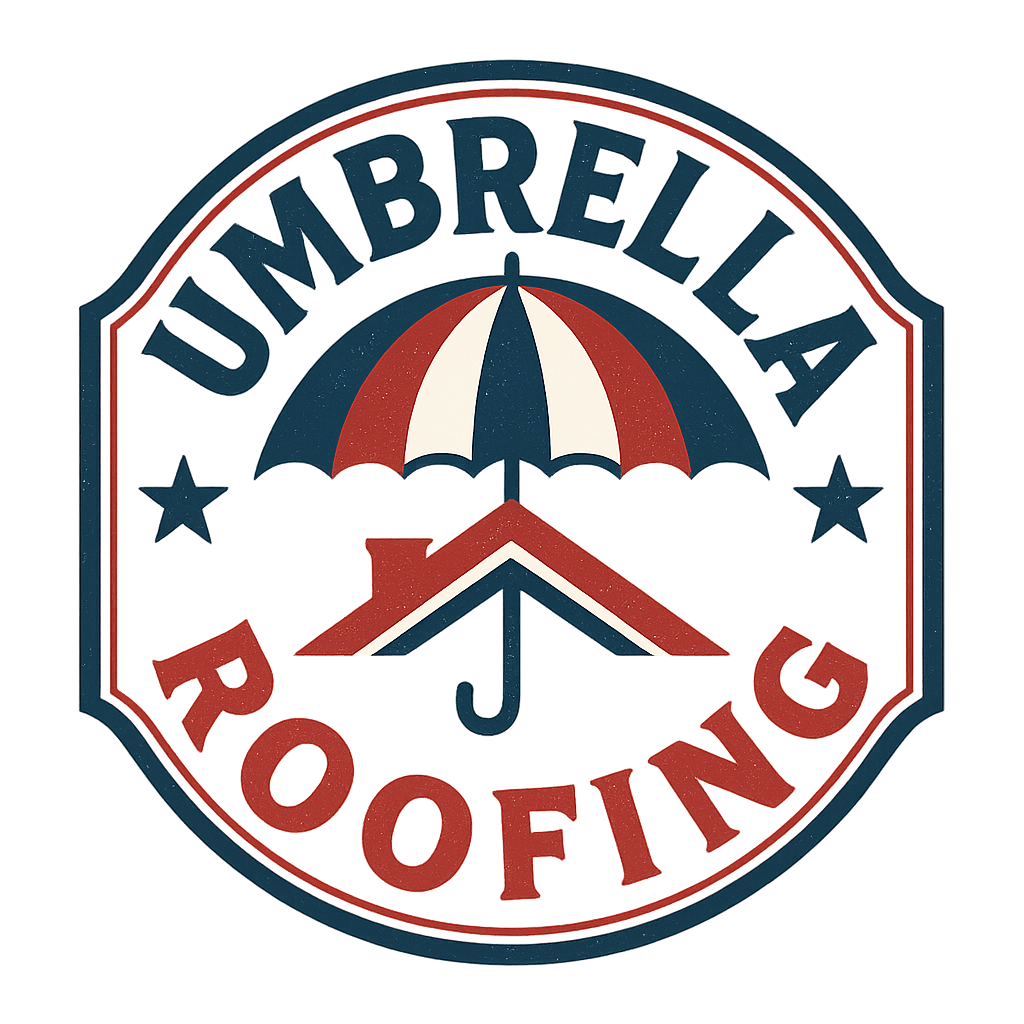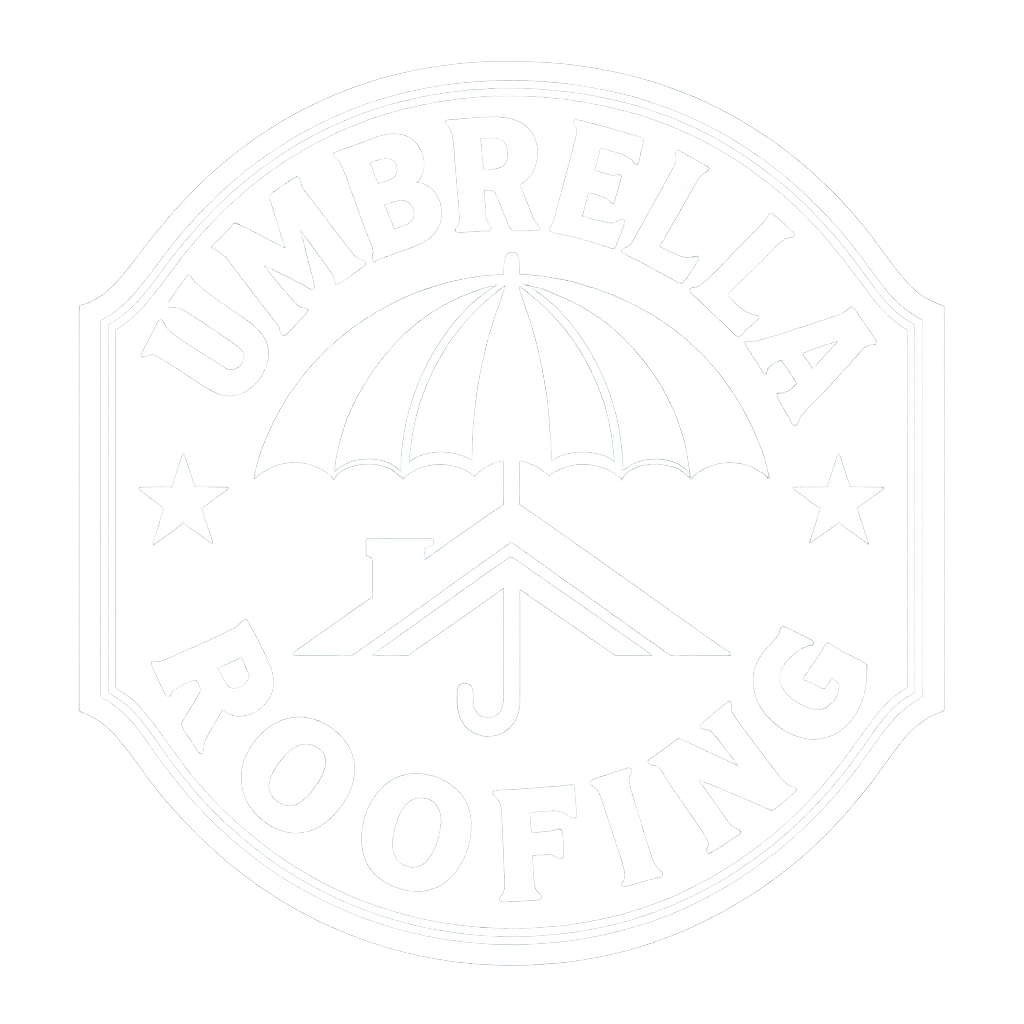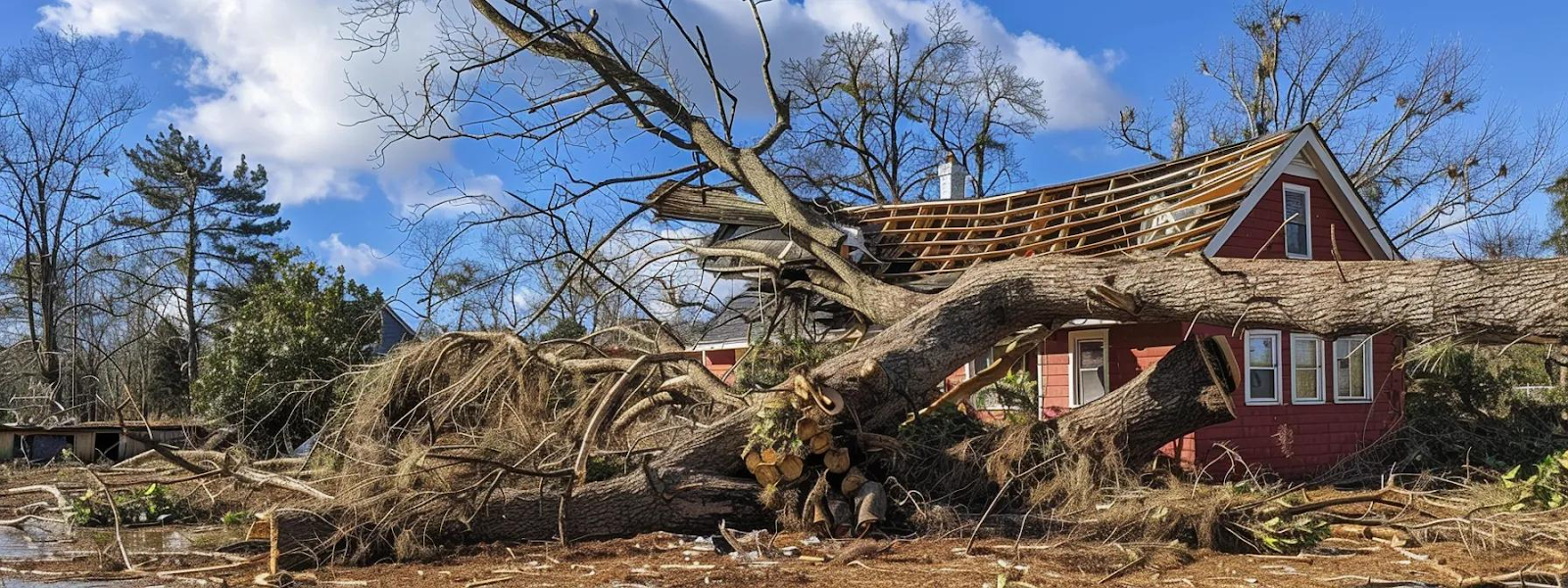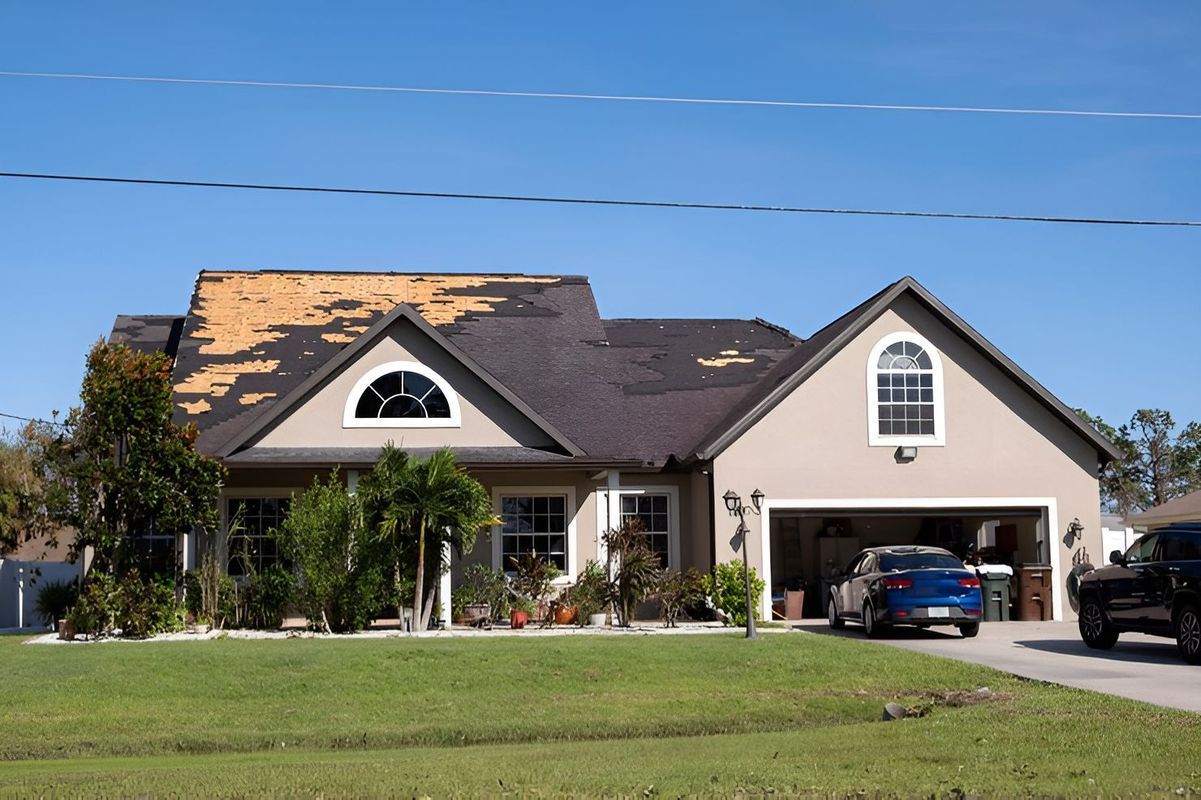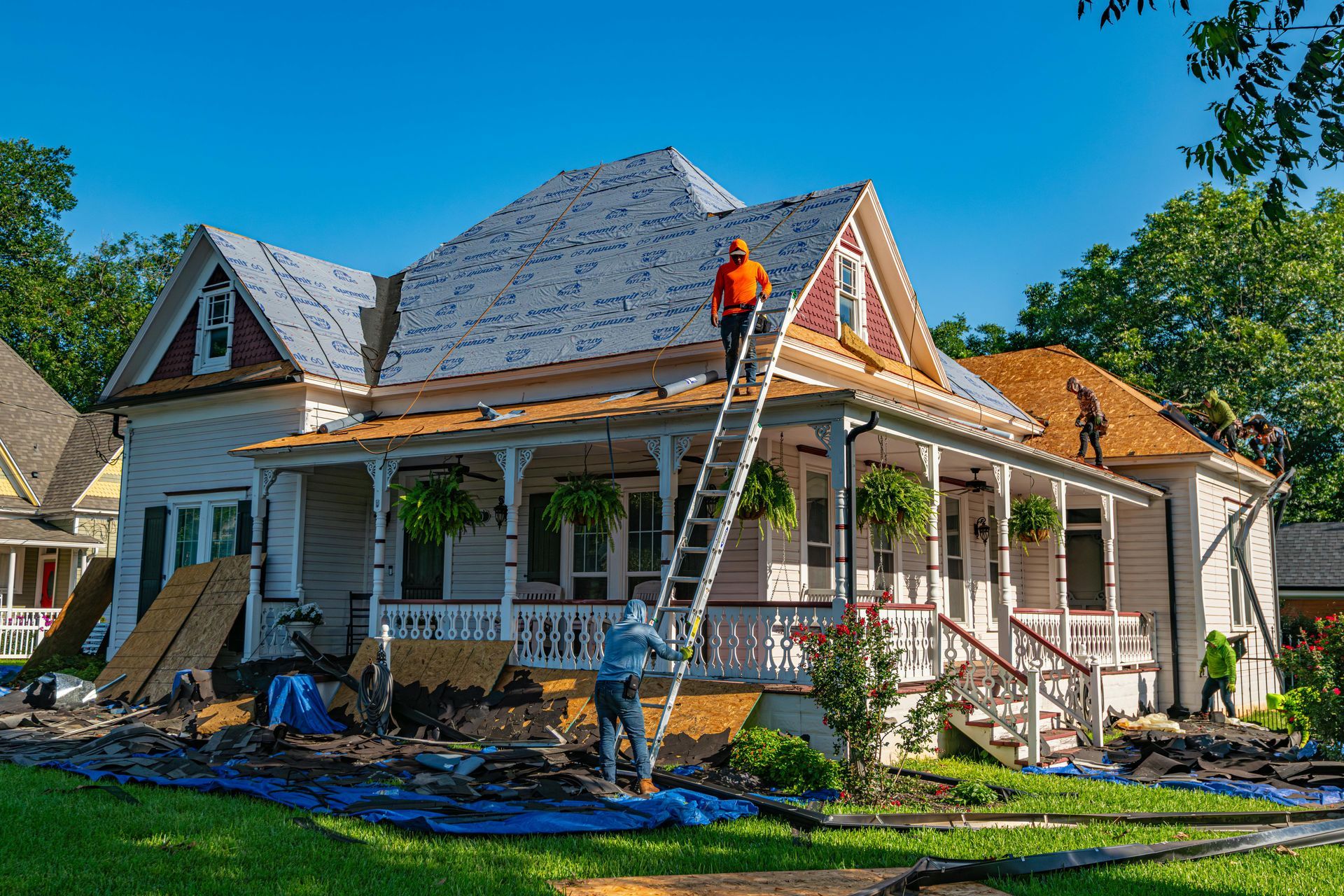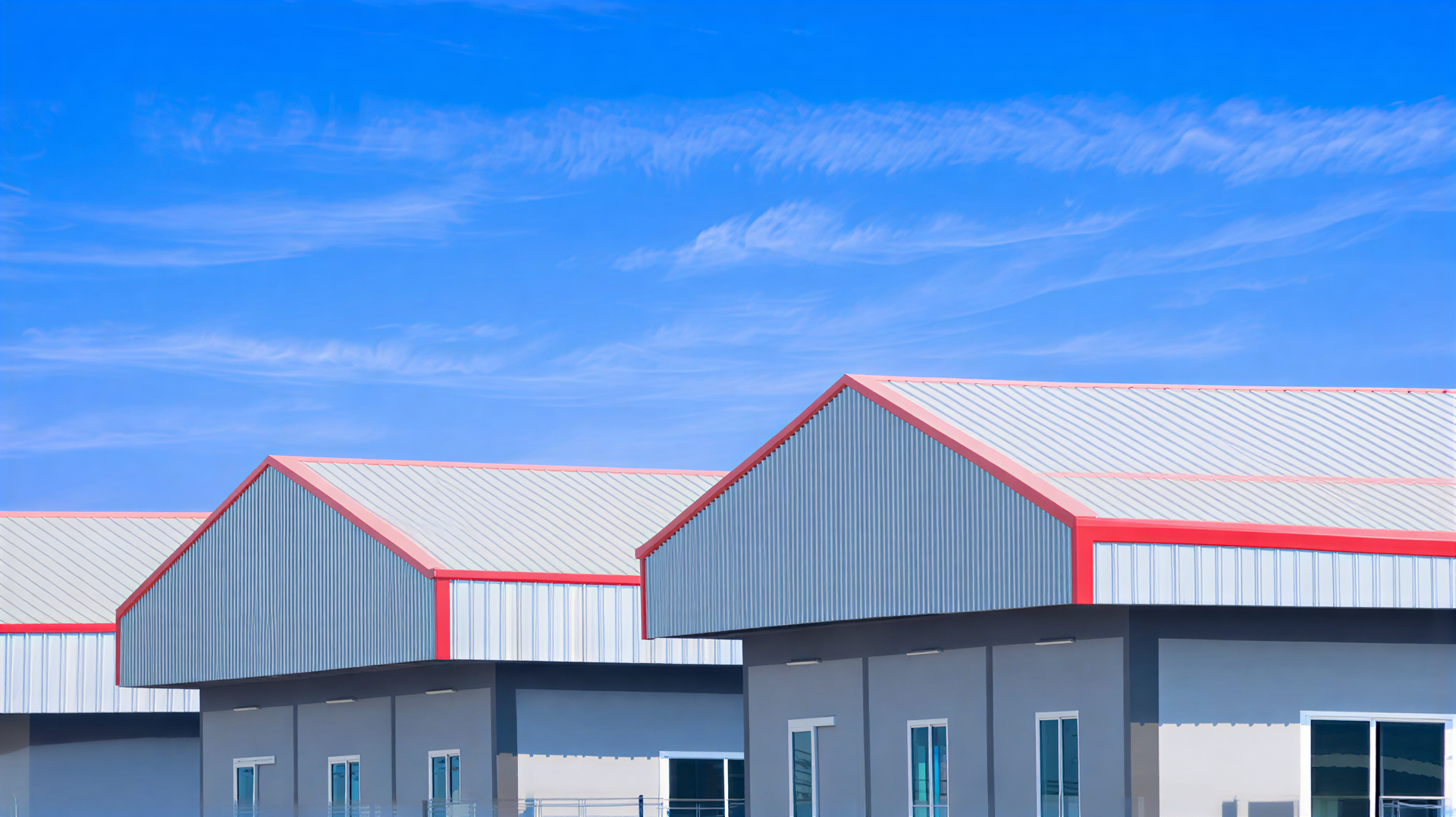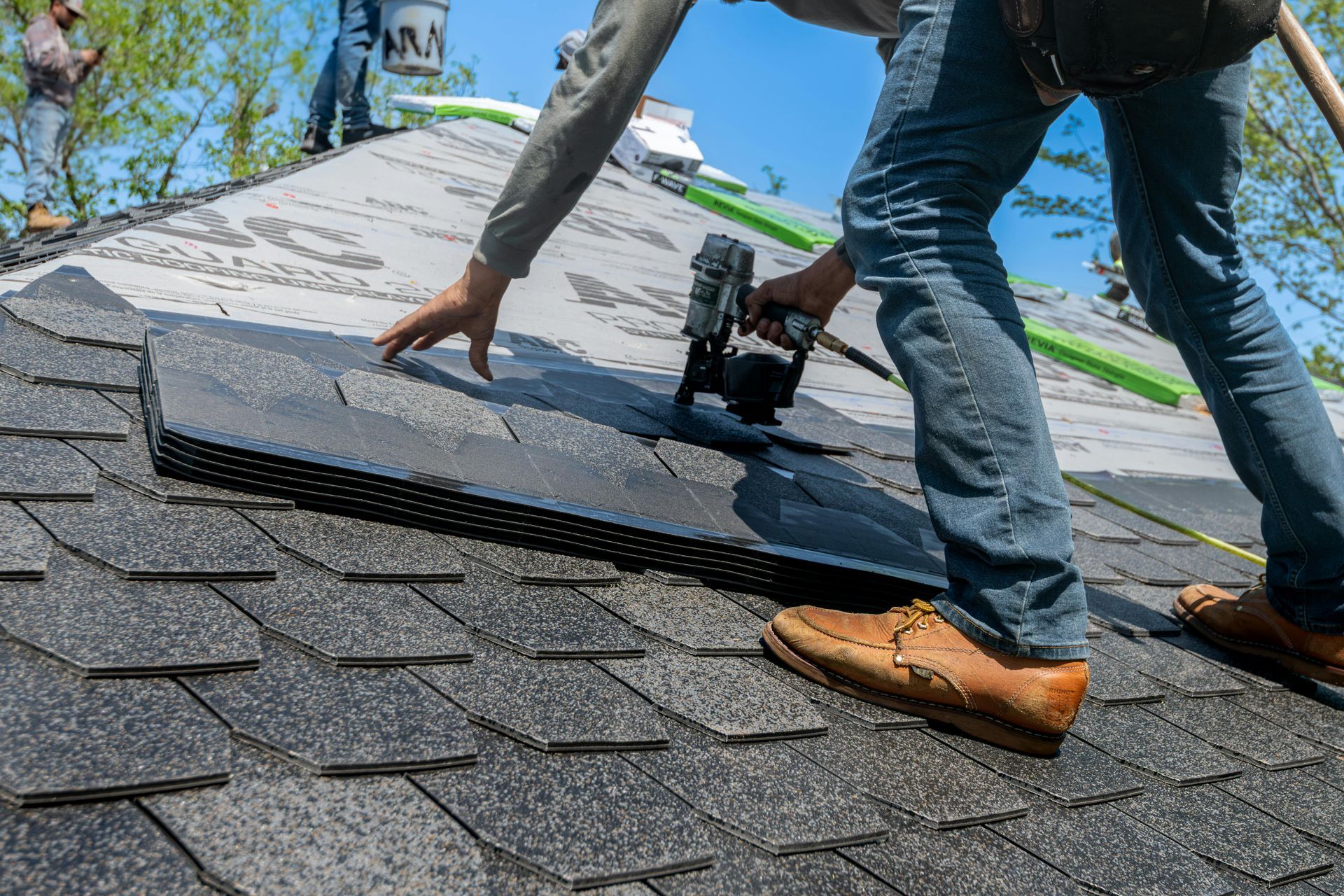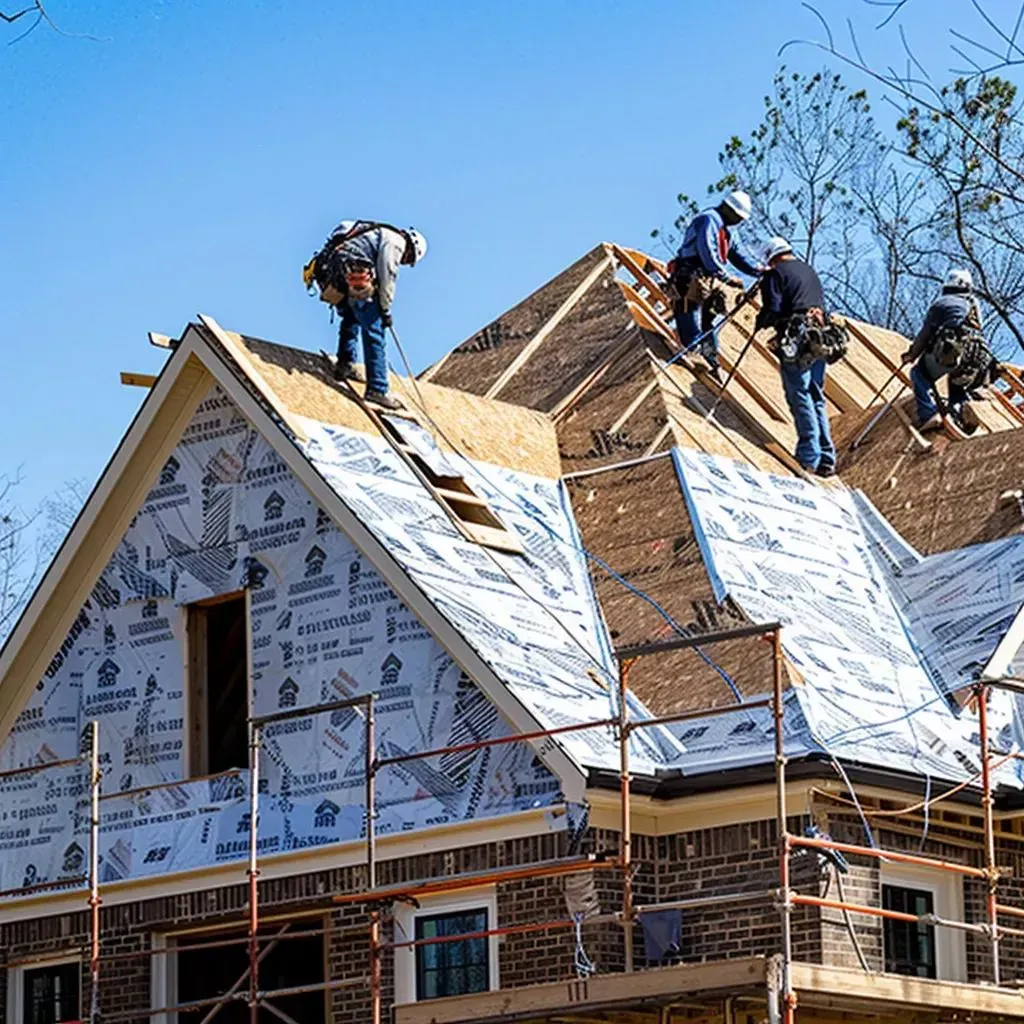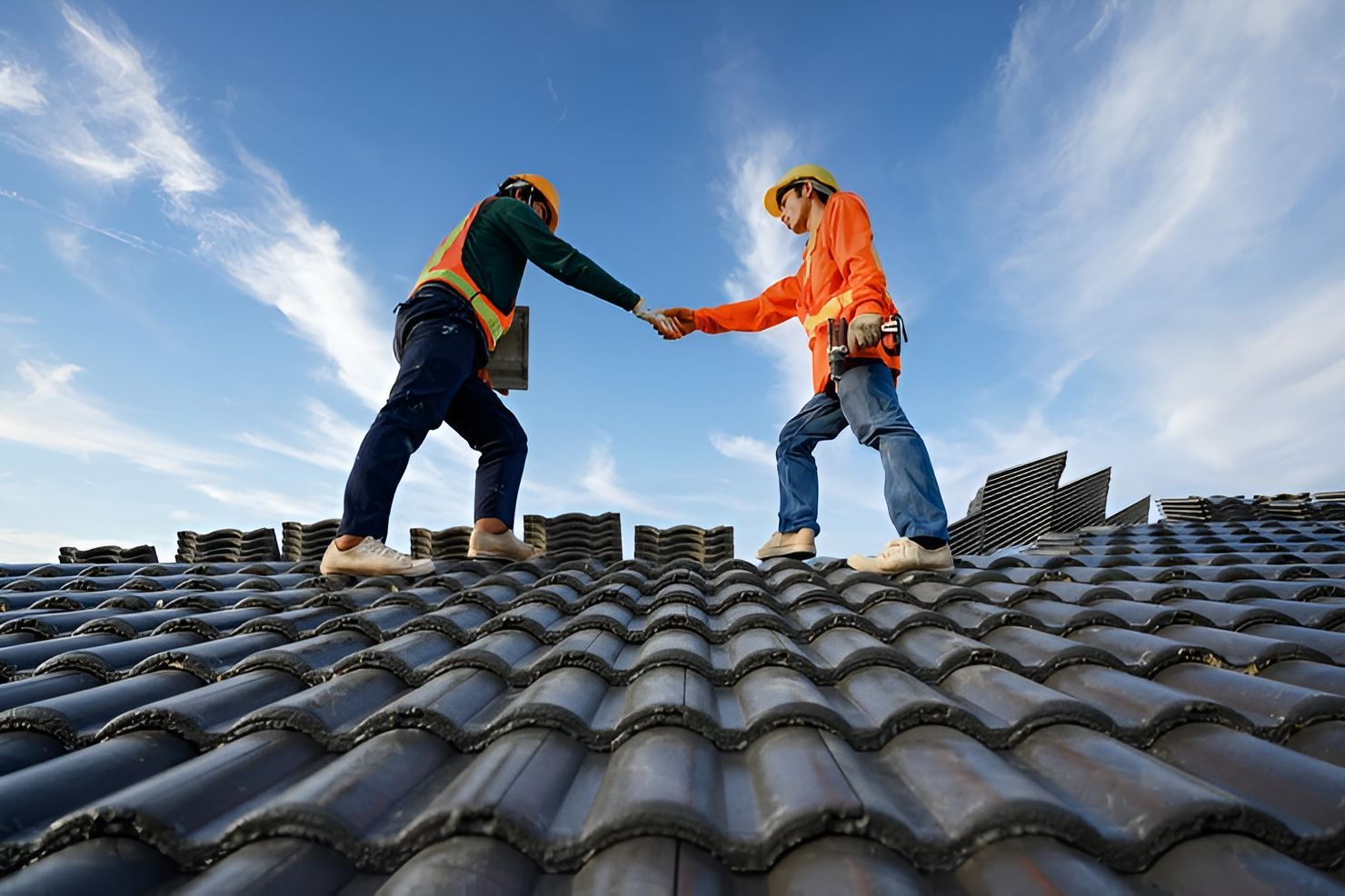Compare Roofing Materials for Gwinnett County Homes: Which Roof Is Best for Your House?
Choosing the right roof can save Gwinnett County homeowners thousands in energy bills and storm repairs. This guide shows you how to compare roofing materials for homes by examining local climate factors, residential and commercial options, key decision considerations, and why Umbrella Roof GA delivers reliable installations. You’ll learn which material suits your durability needs, and aesthetic goals, and how to get a free estimate from a roofing company Gwinnett County residents trust.
What Are the Key Climate Factors in Gwinnett County Affecting Roofing Material Choice?
Gwinnett County’s subtropical climate combines high summer heat, humidity, intense UV exposure, frequent thunderstorms, and occasional hail, all of which influence roof performance and longevity. Understanding these environmental stresses ensures you select a roofing system that resists moisture damage, thermal expansion, and wind uplift.
How Does Georgia’s Hot and Humid Climate Influence Roof Durability?
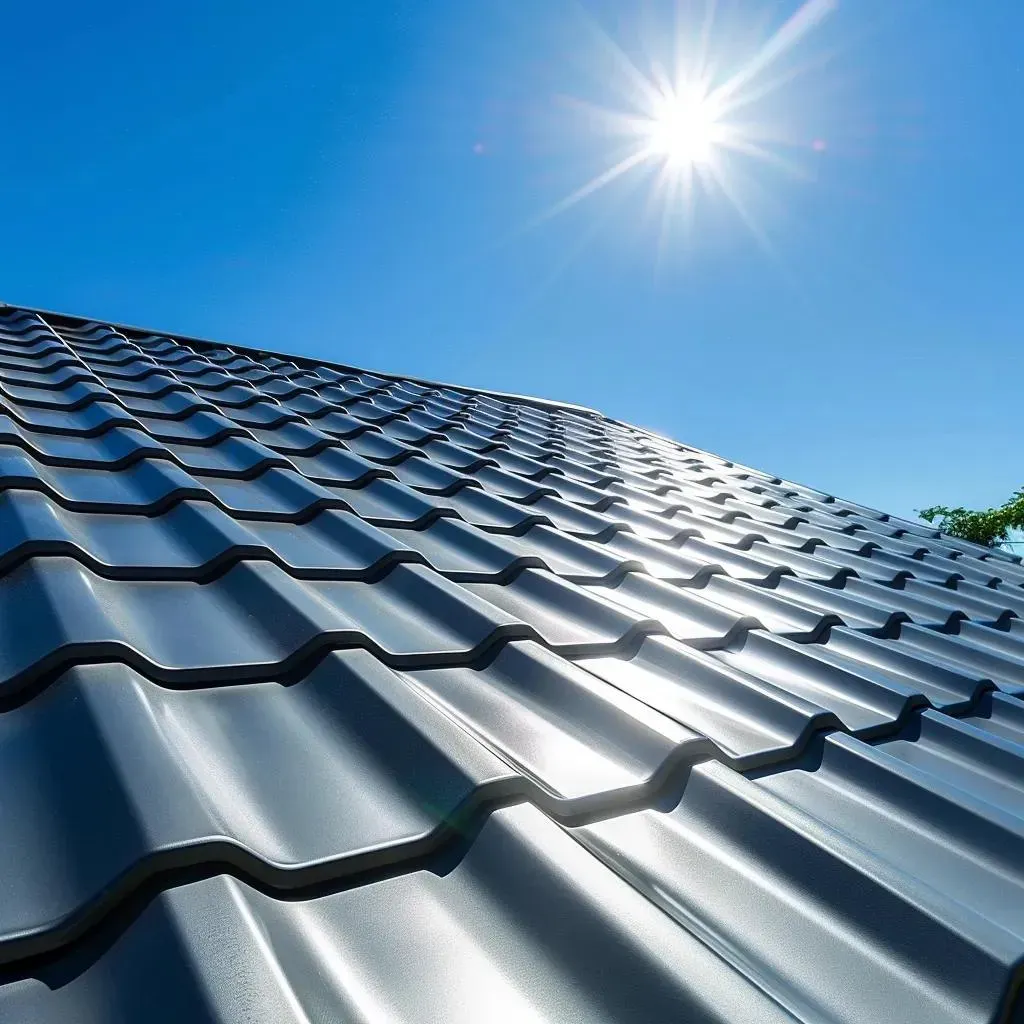
Hot, humid summers accelerate thermal cycling and moisture absorption in roofing substrates, causing materials to crack, warp, or develop mold. Effective materials reflect solar radiation and manage moisture to maintain structural integrity and reduce indoor cooling loads. According to the Department of Energey (DOE), reflective systems lower peak roof temperatures by up to 50°F, slowing material degradation.
What Weather Challenges Should Gwinnett Homeowners Consider?
Thunderstorms and occasional hail pose risks of shingle loss, membrane puncture, and flashing failure. UV radiation breaks down polymers and asphalt, while humidity fosters algae or rot in organic materials. Selecting high-wind–rated and UV-resistant products minimizes repair frequency and extends roof life.
Which Residential Roofing Materials Are Best for Gwinnett County Homes?
Asphalt Shingles
Asphalt shingles are composite layers of asphalt-saturated fiberglass that provide an affordable, versatile roof covering with moderate fire and wind resistance.
- Pros:Cost-effective installation and repairsWide range of colors and stylesClass A fire rating and wind resistance up to 110 mph
- Cons:20–30 year lifespan in high-heat climatesHeat absorption increases cooling loadsSusceptible to algae growth in humidity
Asphalt shingles remain popular for budget projects, but energy-efficient upgrades or reflective coatings may be needed for Gwinnett’s hot summers.
Metal Roofing
Metal roofing uses steel, aluminum, or copper panels to deliver long-term protection and high solar reflectance, reducing attic heat gain by up to 25 percent.
- Pros:40–70+ year lifespan with Class A fire resistanceWind uplift rating to 140 mph and hail resistanceRecyclable material with light color options for energy savings
- Cons:Higher upfront cost (2–3× asphalt)Specialized installation to prevent leaks
Tile Roofing
Clay and concrete tiles form heavy, interlocking systems that offer natural insulation and vibrant curb appeal.
- Pros:50–100+ year service lifeExcellent thermal barrier reduces HVAC loadsResistant to rot, fire, and insect damage
- Cons:10–15 lb/sq ft weight may require structural reinforcementHigher installation cost and breakage risk under impact
Slate Roofing
Slate uses natural stone tiles to deliver unmatched longevity and premium appearance for high-end residences.
- Pros:75–200 year lifespan and Class A fire ratingDistinctive texture and deep earthy tonesLow maintenance with natural weathering resistance
- Cons:10–15 lb/sq ft weight needing reinforced framingHighest material and labor cost among residential options
Synthetic Roofing
Polymer-based synthetic shingles mimic slate or wood while offering lightweight, eco-friendly performance.
- Pros:30–50 year lifespan with UV and impact resistanceRecycled content and Class A fire ratingsLower weight simplifies installation on standard structures
- Cons:Aesthetic variation may not perfectly replicate natural texturesEmerging brand consistency requires warranty review
What Commercial Roofing Materials Are Suitable for Gwinnett County Businesses?
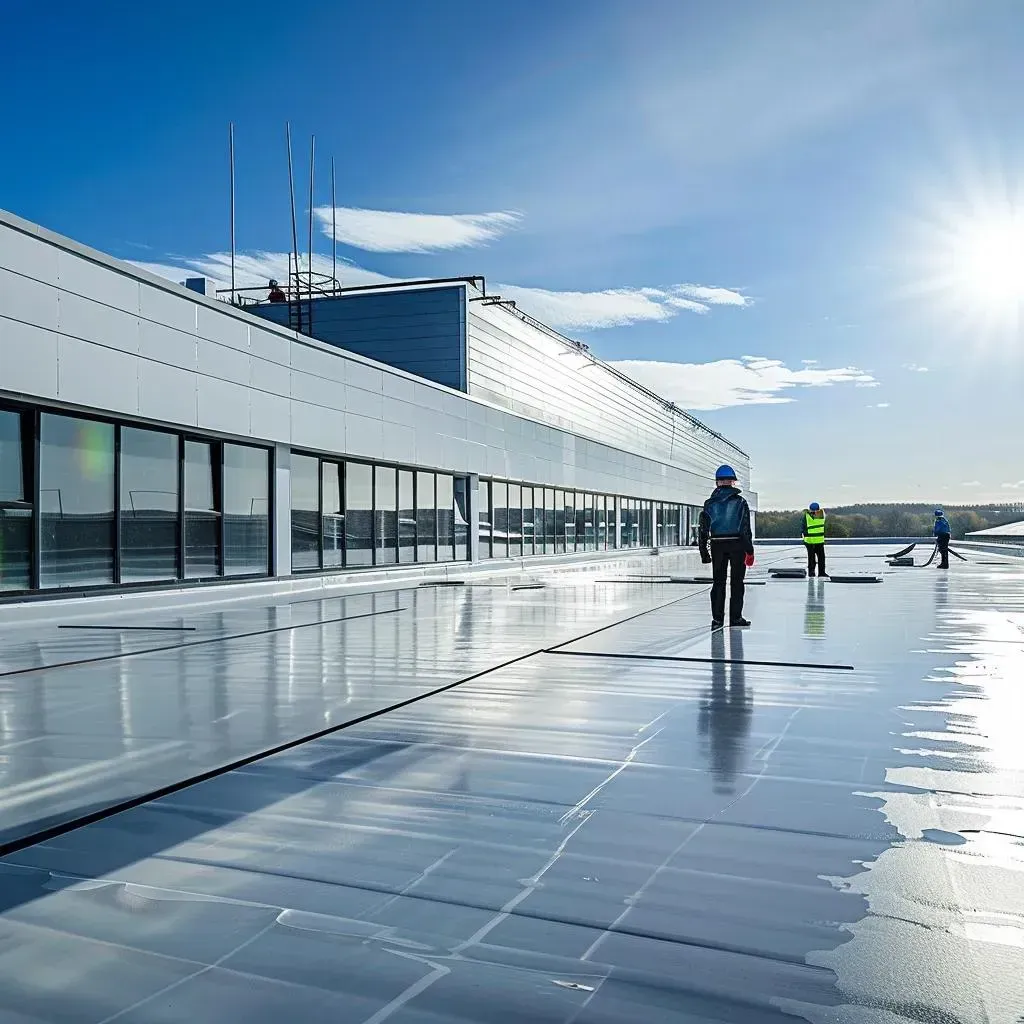
How Do TPO, EPDM, and PVC Roofing Systems Compare for Commercial Use?
Single-ply membranes like TPO, EPDM, and PVC form continuous waterproof barriers on low-slope roofs that resist leaks and UV damage.
| Entity | Membrane Type | Key Benefit | Typical Lifespan |
|---|---|---|---|
| TPO | Thermoplastic | High UV reflectance, energy savings | 20–30 years |
| EPDM | Synthetic Rubber | Outstanding cold flexibility, chemical resistance | 25–30 years |
| PVC | Vinyl | Fire resistance, grease/chemical resistance | 25–35 years |
What Are the Energy Efficiency and Durability Benefits of Commercial Roof Coatings?
Elastomeric and silicone coatings restore aging membranes by sealing seams, reflecting sunlight, and preventing moisture intrusion.
- Key Benefits:Extends original roof life by 5–15 yearsBoosts solar reflectivity up to 85 percentSeals hairline cracks and improves leak resistance
What Factors Should Gwinnett Homeowners Consider When Choosing Roofing Materials?
Expected Lifespan and Maintenance
Roofing materials range from 20 years (asphalt) to over 100 years (slate), with maintenance needs spanning annual inspections for shingles to occasional tile sealant.
Energy Efficiency
Reflective surfaces and insulation value lower attic temperatures, cutting cooling costs significantly.
Aesthetic Appeal
A roof’s color, profile, and texture shape curb appeal and resale potential. Premium materials like slate and tile can increase property value, while complementary shingle styles modernize traditional neighborhoods.
Why Is Umbrella Roof GA the Trusted Choice for Roofing in Gwinnett County?
Local Knowledge
Our deep understanding of Gwinnett County building codes and micro-climates guides precise material recommendations and installation techniques that optimize performance and compliance.
Quality and Customer Service Standards
Licensed, insured professionals from a Gwinnett County roofing company, apply industry-leading practices with clear communication, on-time completion, and clean job sites, reflecting our commitment to craftsmanship and customer satisfaction.
Free Estimate or Consultation
Contact Umbrella Roof GA online or call (470) 822-8948 to schedule a no-obligation roof evaluation. Learn more about our roof replacement services and commercial roofing options.
Conclusion
A well-chosen roofing material balances cost, durability, energy savings, and aesthetic appeal for Gwinnett County homes and businesses. By comparing asphalt, metal, tile, slate, or synthetic systems, you can match performance to your priorities.
Umbrella Roof GA’s local expertise and customer-focused approach ensure a seamless installation that withstands Georgia’s climate challenges. Request your free consultation today to protect your property with a roof built for lasting value.
